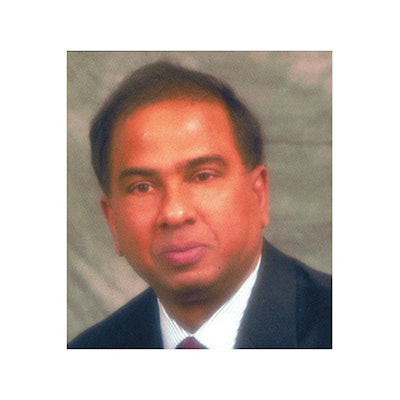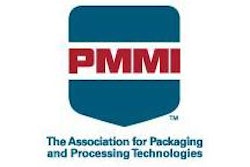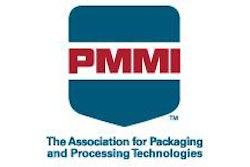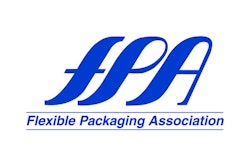
His often provocative dialogue changed the philosophical landscape, and it continues to influence thought leaders today. By asking questions, as Socrates did, we can examine our own constantly shifting business environment.
Indeed, the global business landscape is unsettling. Companies are faced with increasing customer choices, decreasing loyalty, shorter launch windows, and the need to innovate quickly and flawlessly. The convergence of these market necessities is forcing companies to socratically re-examine themselves, their internal functions, their employee competencies, and their innovation portfolios.
Every business function, including manufacturing, marketing, sales, and distribution, is now retiled and retilted toward the customer and the company bottom line.
Manufacturing, long seen as nothing more than factories and facilities, is better viewed these days as one more node in the extended supply chain. Marketing, which once existed to publicize trade shows and send out the occasional promo message, is now all about creating ideas and meeting the needs of targeted constituencies. Selling is now more about solving customer problems and forging long-term relationships than it is about pushing ill-fitting products. Distribution has evolved from mere storage and handling into a core element of the global supply chain.
The last bastion is packaging, and now it, too, is under siege. Traditionally, packaging was seen as little more than an adjunct of product management. Now companies want to pinpoint just how it contributes to corporate success.
If Socrates were to wander into a packaging department, what questions might he ask? Here are some.
• How can packaging designs challenge the market status quo?
• How can we make supply chains more secure?
• What can we do to prevent piracy, theft, and brand tampering?
• How can we reduce miscellaneous costs in delivery to the customer?
• How can the customer paradigm be transformed into a collaborative relationship?
• How can we streamline innovation cycles?
• What can we do to launch products and services faster?
• How can we synchronize and integrate product data, customer data, and market data?
• How can we improve information agility?
• Drawing from molecular biology, how can permutations and combinations effectively drive modular, fungible designs?
• How can we credibly inspire the entire company to embrace sustainability?
• How can we collaborate better with other internal functions to mutually support company goals?
• How can we unify branding of the product, the company, and the greater theme?
• How can we tell our story better?
Packaging is evolving into an analytical discipline. It intersects with multiple company functions and must now navigate their domain constraints. Its holistic impact drives a new philosophy: packaging is a customer-facing, profit-producing, and brand-building core asset.
In order to transform employee competencies, what must happen? Packaging engineers and designers have traditionally focused on the physical encasements—the cartons, closures, caps, bottles, bags, and boxes—but now must understand the business implications of their trade. Two shifts in thinking must occur, the first conceptual and the second cultural.
Conceptually, packaging is no longer just packaging. It is a business platform with its own mass and momentum directly tied to cost, time, value, and market creation. Packaging warrants its own measures of performance, including revenues from new products, revenues from new designs, inventory turns, and reduction of material obsolescence. Regardless of title or job description, everyone in the packaging department must see the big picture. Only then can they break down walls and help transform the business from being one that focuses on partitioning tasks to being one that emphasizes participation in a unified whole founded on a common body of knowledge.
Culturally, packaging professionals are faced with a ruthless need for relevance. The new intellectual milieu demands integration of competitive dynamics, global supply chains, agile innovation, sustainability, and the canvas of the customer. We need pro-active strategies, tools, and techniques to educate the packaging community en masse. In a performance-anchored world, ignorance is more costly than education is expensive.
Business is no longer a robotic assemblage of departments. It’s a dynamic ecosystem of intertwining forces, both within and outside the company. To live in the global marketplace, we either adapt or die.
It is time to ask: Will packaging professionals continue to measure the dimensions of the box or learn to measure the dimensions of the business?
Dan Balan is the president of Chicago management consultancy Fastraqq Inc. and the creator of the Packaging360 Leadership online course, available through IoPP. For more information on IoPP, visit www.iopp.org.

























